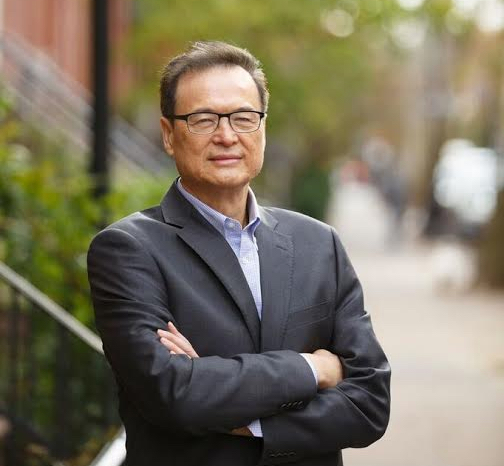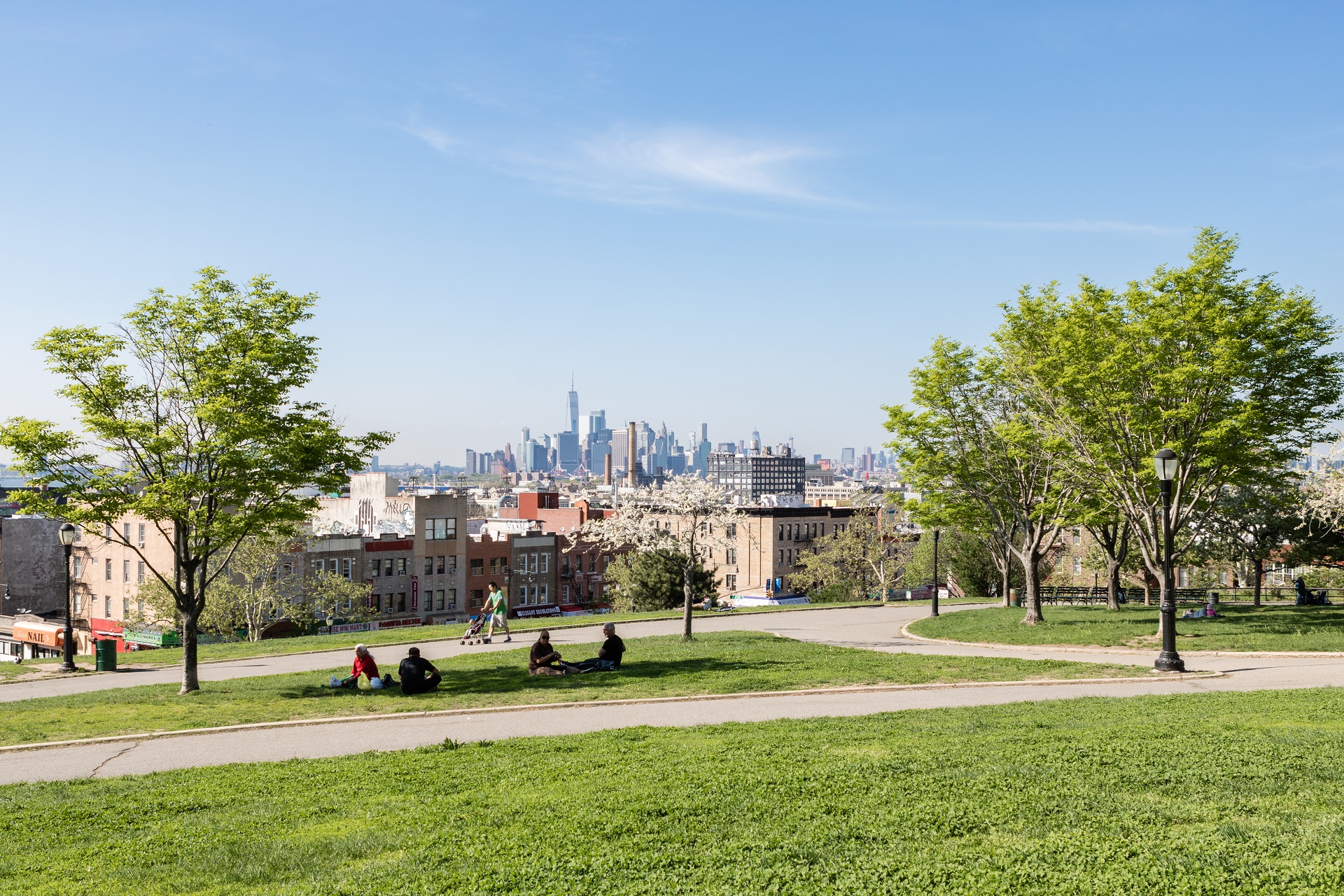Yungman Lee: From immigrant to congressional hopeful

Yungman Lee hopes to win the seat in the 7th Congressional District. Photo courtesy of Yungman Lee For Congress
Yungman Lee came to the U.S. from Hong Kong at the age of 16 and has lived the American Dream.
Lee graduated from Columbia University and went on to attend New York University Law School, earning his law degree. He has worked for high-powered law firms and started his own law practice in Manhattan’s Chinatown.
Over the years, Lee established himself as a community leader in Chinatown, working to establish a health clinic and a food co-op in the community.
